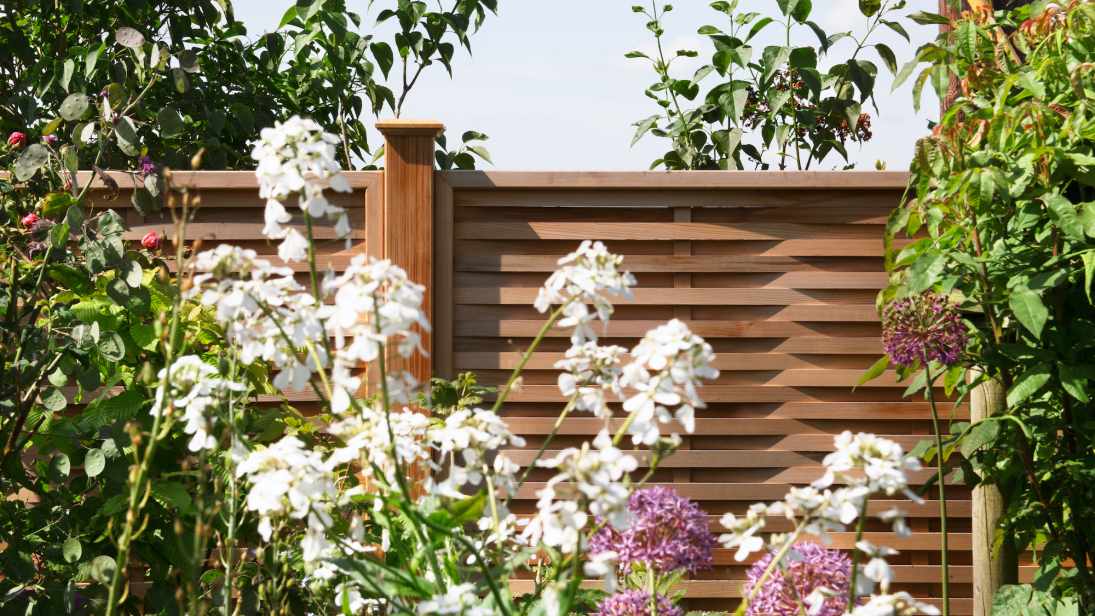All Categories
Featured

Picking the appropriate secure fencing material is essential for attaining the equilibrium of durability, aesthetics, and functionality that matches your home. Wood, plastic, and aluminum are preferred selections, each with distinct features that deal with particular needs. Below's an extensive appearance at the advantages and negative aspects of these 3 materials.
Wood Secure Fencing. Pros:. Classic Charm: Timber uses a natural, timeless look that complements numerous building styles. Customizable: It can be painted or stained in a variety of colors and styles. Budget-friendly: Wood fencings are often less expensive upfront than vinyl or aluminum. Eco-Friendly: As a renewable source, timber is biodegradable and sustainable when sourced properly. Cons:. Maintenance-Intensive: Requires regular staining, painting, or securing to safeguard against weather condition and bugs. Shorter Lifespan: Depending upon the kind of timber and climate, it typically lasts 10-15 years. Vulnerability to Damages: Prone to decomposing, bending, and termite damages without appropriate care. Timber is suitable for home owners that value visual appeals and want to spend time and initiative in maintenance to prolong its life.
Vinyl Fence. Pros:. Resilient: Immune to parasites, rot, and weather, vinyl preserves its framework in severe problems. Reduced Maintenance: Requires little maintenance past occasional cleaning. Long Lifespan: Vinyl can last 20-30 years without considerable wear or damage. Functional Layouts: Available in various colors, textures, and designs, including options that mimic timber. Cons:. Costly Installation: Plastic fencings are more costly to mount contrasted to wood. Breakable in Cold Climate: Plastic can break in severe chilly environments. Difficult to Repair: If damaged, whole areas may require replacement, which can be challenging to match. Plastic secure fencing is an excellent choice for those focusing on durability and marginal upkeep, even if it comes with a higher in advance cost.

Light Weight Aluminum Secure Fencing. Pros:. Rust-Resistant: Light weight aluminum does not rust, making it optimal for moist or humid locations. Light-weight however Solid: Deals stamina without being excessively heavy, which streamlines installation. Reduced Maintenance: Requires little more than cleansing and occasional repainting. Long life: Light weight aluminum fencings can last for years without significant degeneration. Sophisticated Styles: Typically utilized for decorative objectives, light weight aluminum includes class to any kind of property. Cons:. High First Expense: Aluminum fencings are among the a lot more expensive alternatives. Minimal Personal privacy: Frequently developed with open rooms, they don't obstruct views or sound. Prone to Damages: While durable, aluminum can be dented or bent with heavy impact. Light weight aluminum is ideal fit for those that want a resilient, stylish fence and don't require full privacy.
Making the Right Option. Each material has its weaknesses and strengths:

Timber is perfect for eco-conscious customers and traditional visual appeals that do not mind upkeep. Vinyl benefits property owners seeking a weather-resistant, low-maintenance solution. Aluminum is a durable, decorative option for those who want style and durability. Consider your concerns-- whether it's price, appearance, personal privacy, or upkeep-- and speak with a fence professional to choose the material that finest meets your demands. A well-selected fencing will improve your property for several years to come.
Latest Posts
Boost Your Home's Outside with Weathercraft's Siding Solutions
Published May 17, 25
1 min read
Enhance Your Residential Property with Overhead Door Equipment
Published May 17, 25
1 min read
Learn About Montclare Auto Repair’s Premier Services and Why Drivers Choose Them
Published May 17, 25
1 min read
More
Latest Posts
Boost Your Home's Outside with Weathercraft's Siding Solutions
Published May 17, 25
1 min read
Enhance Your Residential Property with Overhead Door Equipment
Published May 17, 25
1 min read
Learn About Montclare Auto Repair’s Premier Services and Why Drivers Choose Them
Published May 17, 25
1 min read